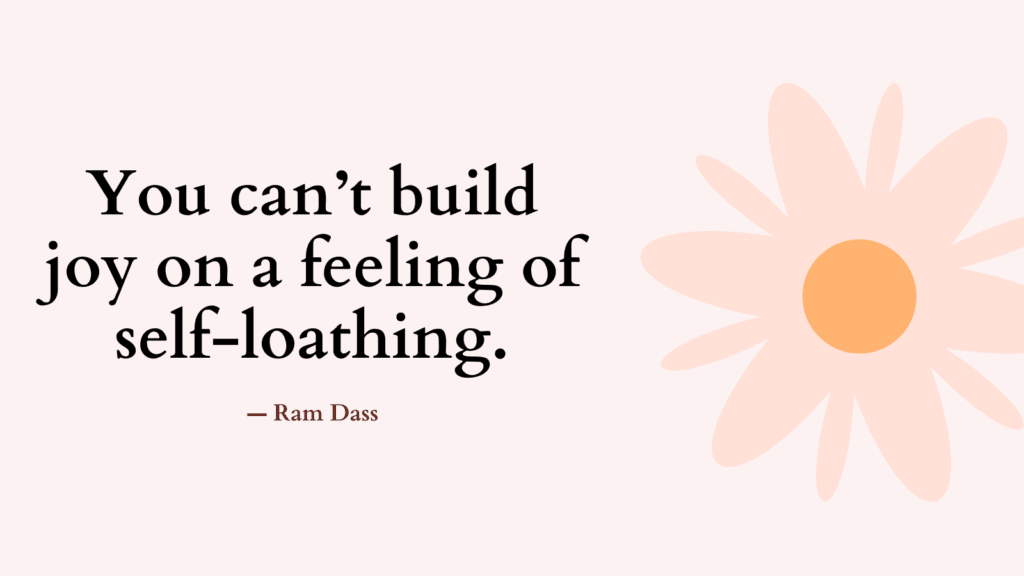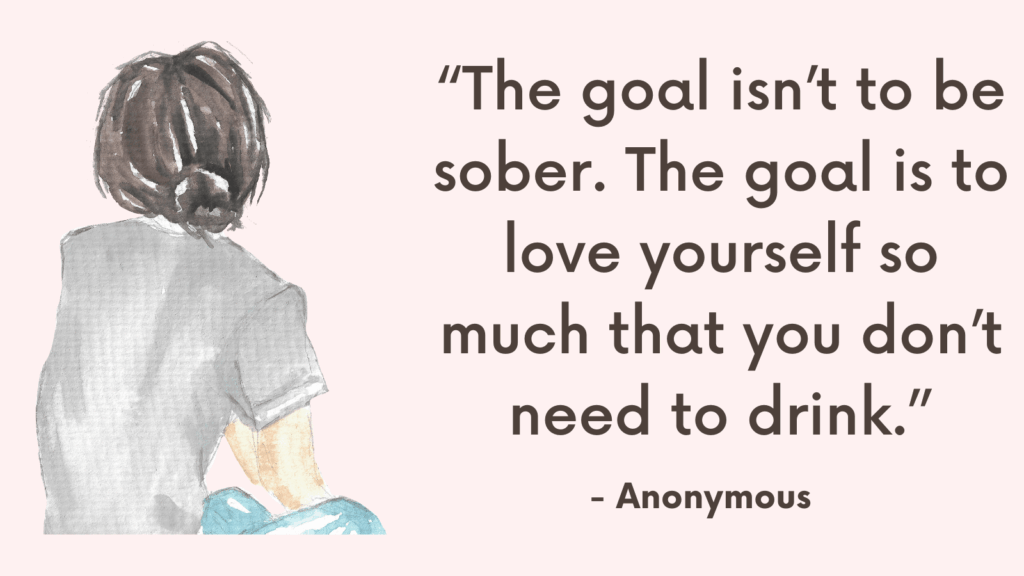In this post, you’ll learn all about how addiction affects children.
How Addiction Affects Children
Addiction not only affects the individual struggling with substance abuse but also has lasting effects on their children’s physical, emotional, and psychological well-being.
It is crucial to acknowledge and address these effects to provide the necessary support for both the child and the family as a whole.
Here are some ways in which addiction can affect children:
1. Emotional and Psychological Impact
Children living with a parent or caregiver who struggles with addiction often experience a wide range of negative emotions, including fear, anxiety, guilt, shame, confusion, and anger.
Witnessing erratic behavior, aggression, neglect, or other consequences of addiction can have long-lasting psychological effects on children.
2. Neglect and Instability
Addiction can lead to neglect as a parent’s attention, availability, and ability to meet their child’s emotional and physical needs are compromised.
The child may lack proper supervision, consistent routines, and a stable home environment, which can negatively impact their development and overall well-being.
Related: Healing From Childhood Emotional Neglect In 6 Steps (+FREE Worksheets PDF)
3. Role Reversal and Parentification
In households affected by addiction, children may be forced to take on adult responsibilities at a young age.
They may become caretakers for their parents or other siblings, assuming roles and responsibilities that are beyond their age and developmental stage.
This role reversal can hinder their own growth and development.
4. Inconsistent Parenting
Addiction often leads to unpredictable and inconsistent parenting behaviors.
Parents may swing between periods of neglect and overcompensation, resulting in inconsistency in discipline, nurturing, and structure.
This inconsistency can create confusion and insecurity in children’s lives.
5. Adverse Childhood Experiences (ACEs)
Exposure to addiction in the family is considered an adverse childhood experience, which can have long-term consequences on physical and mental health.
ACEs, including living in a household with substance abuse, increase the risk for various health issues later in life, such as substance abuse, mental health disorders, and chronic diseases.
Related: Take The Childhood Trauma Test (ACE Score Test)
6. Educational Challenges
Children affected by addiction may face difficulties in school due to disruptions in their home life.
They may struggle academically, experience absenteeism, have difficulty concentrating, or exhibit behavioral problems.
These challenges can negatively affect their educational outcomes and future opportunities.
7. Social Isolation and Stigmatization
Children with parents struggling with addiction may encounter social isolation and stigma.
They may withdraw from social activities, feel embarrassed, or be reluctant to invite friends over due to fear of judgments or misunderstandings.
This isolation can further impact their self-esteem and social development.
8. Increased Risk of Substance Abuse
Growing up in an environment where addiction is present increases the likelihood of later developing substance abuse problems.
Children of parents with addiction are at higher risk due to a combination of genetic, environmental, and learned factors.
Related: 5 Stages of Addiction Recovery (+FREE Worksheets)
Supporting Children Coping with Addiction
1. Open and Honest Communication
Creating a safe and open space for children to express their thoughts and feelings about addiction is crucial.
Encouraging age-appropriate conversations helps children understand addiction, reduce confusion, and validate their experiences.
2. Providing Stability and Structure
Establishing and maintaining a stable routine can help children feel safe and secure amidst the chaos of addiction.
Consistency in daily activities, boundaries, and expectations provides a sense of structure that children need for healthy development.
3. Seeking Professional Help
It is essential to involve mental health professionals who specialize in working with children impacted by addiction.
Therapists can provide support, guidance, and appropriate interventions to help children process their emotions, develop coping strategies, and address any traumatic experiences.
Related: How to Help an Addict without Enabling?
4. Building Support Networks
Connecting children with trusted adults, such as family members, teachers, coaches, or mentors, can provide additional sources of support and positive role models.
Support groups or therapy groups specifically designed for children experiencing addiction-related challenges can also be beneficial.
5. Encouraging Self-Care
Teaching children about self-care and self-compassion is crucial.
Encourage them to engage in activities they enjoy, foster their talents and interests, and prioritize their physical and emotional well-being.
6. Educating and Reducing Stigma
Educating children, their peers, and the community about addiction as a disease can help reduce stigma and promote understanding and empathy.
Raising awareness about the effects of addiction on families can encourage empathy and support for children who are facing these challenges.
Related: How To Step Out Of Denial? Top 10 Steps To Overcome Denial When The Truth Is Heartbreaking

Conclusion
It is important to remember that every child’s experience is unique, and the effects of addiction can vary depending on various factors.
Seeking professional guidance and support is highly recommended to ensure that the child’s specific needs are addressed appropriately.



